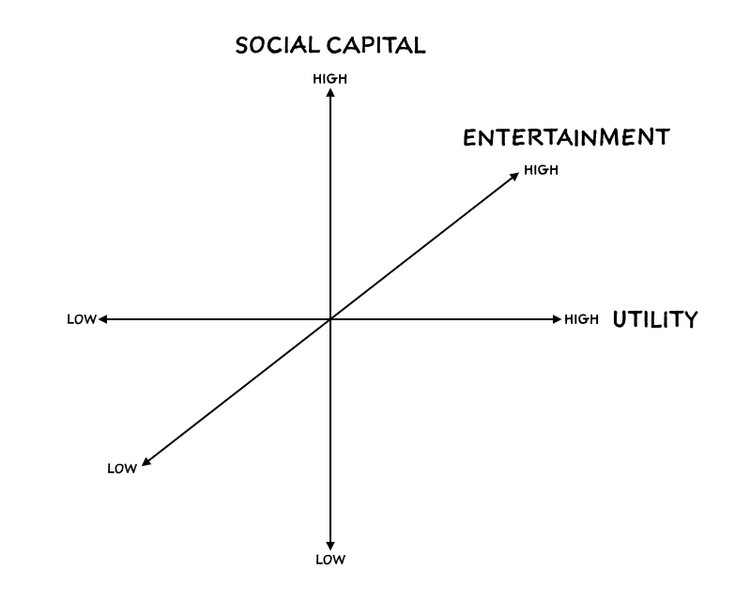View online Advertise
from TradeBriefs FMCG Daily Newsletter
|




 |
From the Editor's Desk
Status as a Service: How Social Networks work!
Why do some social networks take off, while other seemingly better ones fall by the wayside? Why do social networks tend to fade in popularity after a certain scale? These and other highly relevant questions about social media are answered and demystified in this in-depth post by Eugene Wei. Grab a cup of coffee and dive in! Here's a sneak peek into why social networks tend to fade.
Let's begin with two principles:
People are status-seeking monkeys
People seek out the most efficient path to maximizing social capital
It's not that the existence of old social capital dooms a social network to inevitable stagnation, but a social network should continue to prioritize distribution for the best content, whatever the definition of quality, regardless of the vintage of user producing it. Otherwise a form of social capital inequality sets in, and in the virtual world, where exit costs are much lower than in the real world, new users can easily leave for a new network where their work is more properly rewarded and where status mobility is higher.
The same way many social networks track keystone metrics like time to X followers, they should track the ROI on posts for new users. It's likely a leading metric that governs retention or churn. It's useful as an investor, or even as a curious onlooker to test a social network by posting varied content from test accounts to gauge the efficiency and fairness of the distribution algorithm.
Whatever the mechanisms, social networks must devote a lot of resources to market making between content and the right audience for that content so that users feel sufficient return on their work. Distribution is king, even when, or especially when it allocates social capital.
Continued here
Read TradeBriefs every day, to understand the future!
Advertisers of the day
Cambridge Senior Management: Cambridge Senior Management Programme (SMP) | June 2019 | Accepting Applications
Wharton Business Analytics Team: Wharton's Business Analytics Program (Online)
Our advertisers help fund the daily operations of TradeBriefs. We request you to accept our promotional emails. |
TradeBriefs Publications are read by over 10,00,000 Industry Executives
About Us | Advertise
Privacy Policy You are receiving this mail because of your subscription with TradeBriefs.
Our mailing address is GF 25/39, West Patel Nagar, New Delhi 110008, India
|








